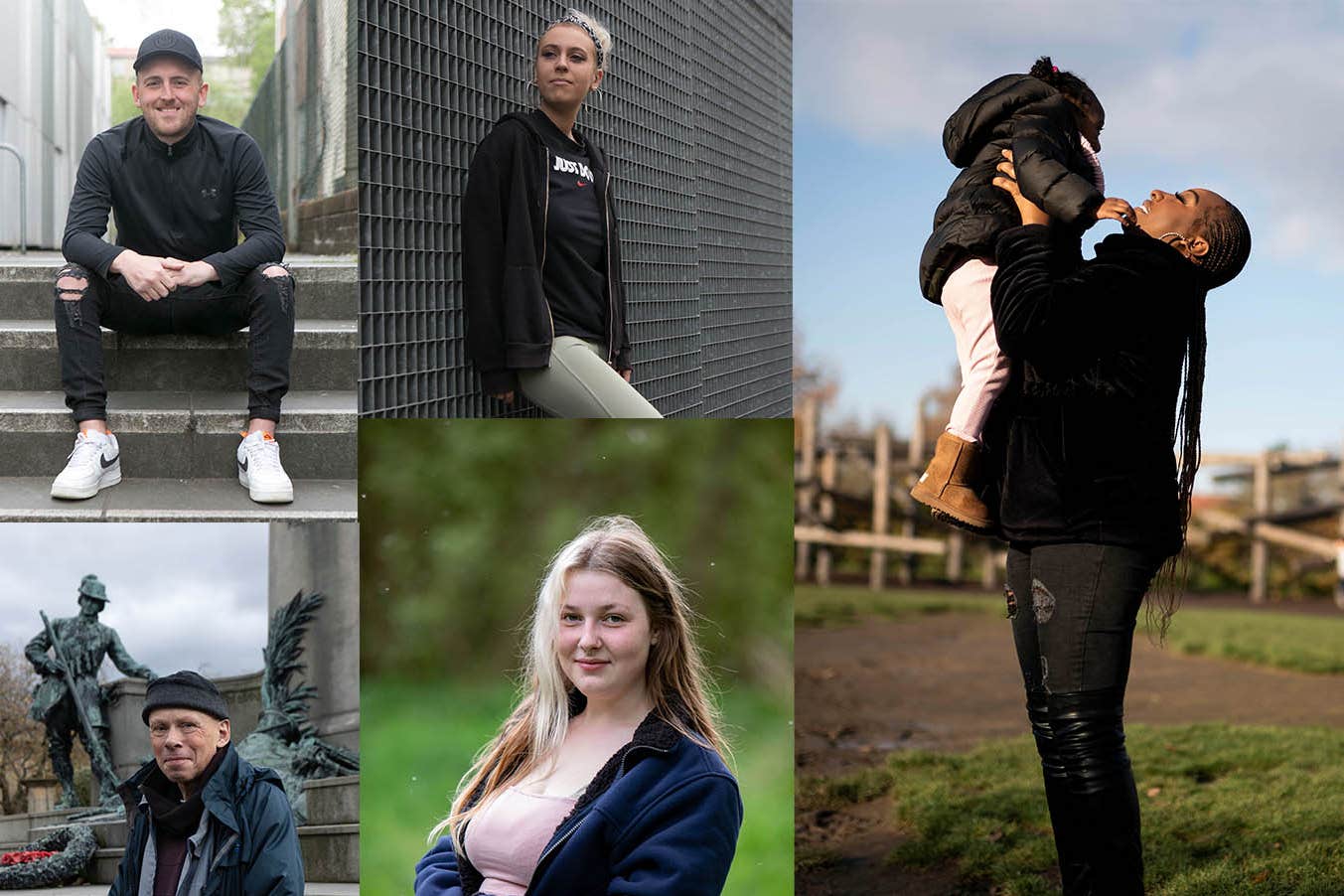‘Half of people concerned about ability to pay rent or mortgage in year’s time’
It comes as the Centre for Homelessness Impact launched a free library of realistic and non-stigmatising images of people experiencing homelessness.

Your support helps us to tell the story
From reproductive rights to climate change to Big Tech, The Independent is on the ground when the story is developing. Whether it's investigating the financials of Elon Musk's pro-Trump PAC or producing our latest documentary, 'The A Word', which shines a light on the American women fighting for reproductive rights, we know how important it is to parse out the facts from the messaging.
At such a critical moment in US history, we need reporters on the ground. Your donation allows us to keep sending journalists to speak to both sides of the story.
The Independent is trusted by Americans across the entire political spectrum. And unlike many other quality news outlets, we choose not to lock Americans out of our reporting and analysis with paywalls. We believe quality journalism should be available to everyone, paid for by those who can afford it.
Your support makes all the difference.Around half of renters and people with mortgages are concerned about their ability to pay their housing costs in a year’s time, research suggests.
Some 52% of renters and 49% of people with mortgages are worried about being able to meet their housing costs in 12 months, according to polling for the Centre for Homelessness Impact (CHI).
Among people aged between 16 and 24, 44% were concerned about their ability to pay their rent or mortgage at the moment.
This figure fell to 31% among participants aged 35-54 and to 14% among those aged 55-75.
The cost-of-living crisis risks reversing several years of progress in reducing homelessness
Half of people in their 50s and younger said housing costs were affecting their mental health, rising to 62% of those aged between 16 and 34.
The survey by Ipsos, of 2,152 UK adults aged 16 to 75 between November 25 and December 6 2022, also asked about people’s perceptions of homelessness.
Some 72% of respondents said they believe homelessness will rise over the next year – up from 61% the previous year.
Three-quarters support doing more to address homelessness, with 84% considering it to be a serious problem.
Just under half (49%) said they believe homelessness is a consequence of circumstances outside of an individual’s control.
And 20% said it is a result of making bad life choices, down from 24% the previous year but up from 17% in 2020.
Dr Ligia Teixeira, CHI chief executive, said she was “very concerned” that more than half of tenants are worried about their ability to pay rent in a year.
She said: “Homelessness is a complex, system level problem but affordable housing, especially for people on low incomes or who face financial pressures, is central to preventing homelessness.
Many more people experience ‘hidden homelessness’ such as sofa surfing. Our images show homelessness as it is, realistically and respectfully
“Housing affordability is also key to helping people rebuild their lives in stable accommodation to move on from homelessness for good.
“The cost-of-living crisis risks reversing several years of progress in reducing homelessness.”
It comes as the CHI launched a free library of realistic and non-stigmatising images of people experiencing homelessness to tackle negative stereotypes.
The library seeks to challenge negative representations and offer “an alternative to the archetypal depiction of single middle-aged men sleeping in doorways”, including families in hostels, young people in B&Bs and those who are sofa surfing.
The hundreds of images are available to news publishers, public bodies, charities and any organisation writing about homelessness.
Most of the photographs were taken by Jeff Hubbard, who spent time on the streets and now is a freelance photographer after learning photography techniques through the charity Crisis.
One of those pictured, 29-year-old Naomi from London, mother to a toddler, said: “When I was telling people I was homeless, no-one believed me – I wasn’t a man on the streets, I was working in a shop…
“It’s all different sorts of people who are homeless that you wouldn’t expect.
“There are lots of people who have gone through the same thing as me. Regardless of your gender or race, it happens.”
Dr Teixeira said: “The evidence tells us that stigma attached to homelessness and stereotyping of people who experience it are among the most powerful barriers to ending homelessness for good.
“Images matter because they play such a central role in influencing how we think about homelessness.
“Research has shown that the most commonly held image associated with homelessness is of an older man sleeping on the streets whereas we know from data that many more people who are affected by homelessness are families with children, living in temporary accommodation.
“Many more people experience ‘hidden homelessness’ such as sofa surfing.
“Our images show homelessness as it is, realistically and respectfully.”